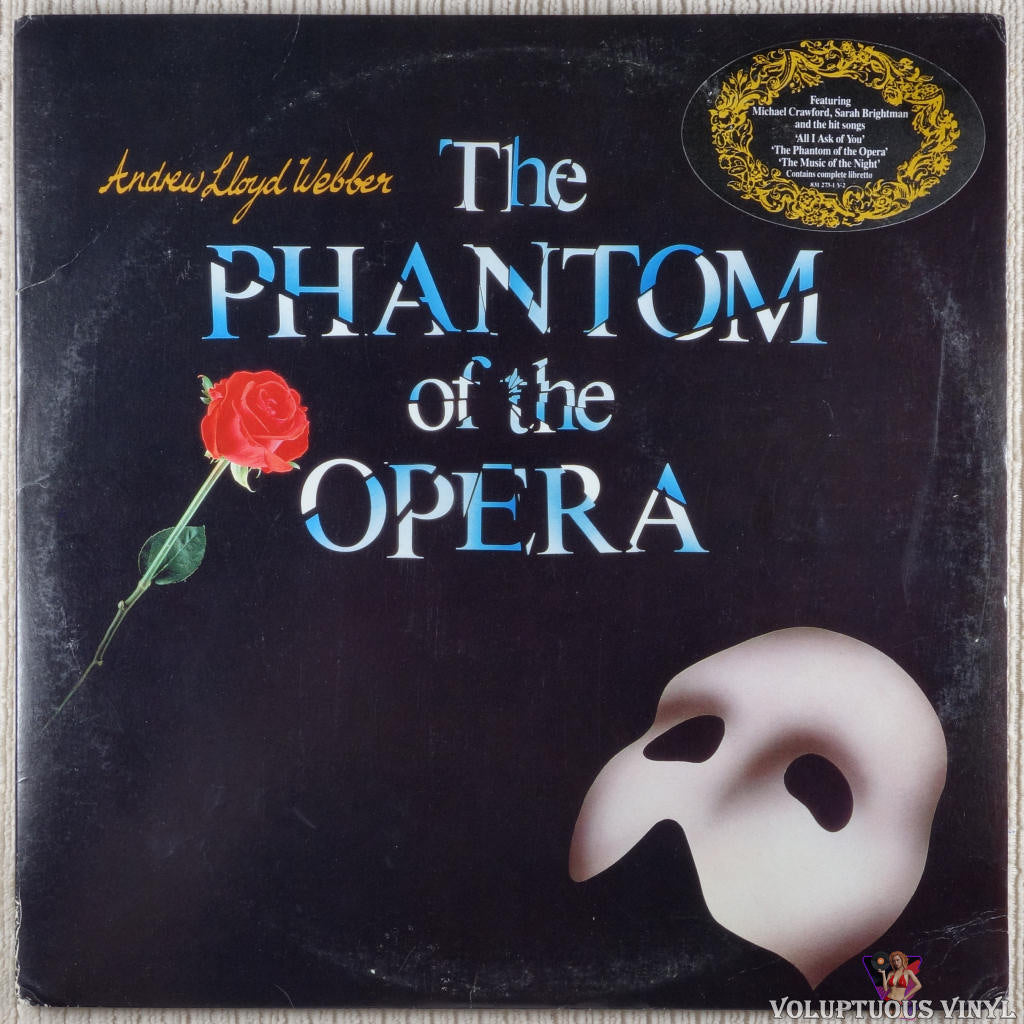
"It was that color I was interested in, rather than any particular style of music," Lloyd Webber says. The musical's setting did not lead to an attempt to fashion an early 20th-century, Americana-flecked score. And all of this is told by way of a lushly orchestrated score.

But at the same time, maybe she does."Īs the plot weaves its way to the sort of high drama any sequel to "The Phantom of the Opera" would require, much is learned about the characters, including the youngest. “The ending of the show is the ending of a chapter of my creative musical life because it has to be with what happened at the end of it, that shut the door for me with what happened with Phantom and Christine, because I can’t take it any further."Christine doesn't want to come under the inexorable power of the Phantom's music," Webber says. But I hope if you see them together, if you wanted to see them back-to-back, that what you would get from them-from both of them-is the extension of where the story goes. However, as he clarified for Entertainment Weekly, “Clearly, it is a sequel, but I really do not believe that you have to have seen Phantom of the Opera to understand Love Never Dies. Lloyd Webber told BBC News he didn’t consider it a sequel, but as a “stand-alone piece.” The plot is not based on the story in Leroux’s original novel.

It is loosely adapted from Forsyth's 1999 novel The Phantom of Manhattan.

Her debut novel, Axiom's End, published in July 2020, became a New York Times Best Seller.Ī sequel to the blockbuster musical Phantom of the Opera, which was based on the 1910 novel by Gaston Leroux, Love Never Dies includes music by Andrew Lloyd Webber, lyrics by Glenn Slater, and a book by Lloyd Webber, Ben Elton, Frederick Forsyth, and Slater. Lindsay Ellis is an American author, film critic, video essayist, and YouTuber.


 0 kommentar(er)
0 kommentar(er)
